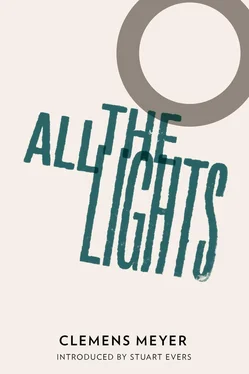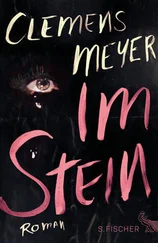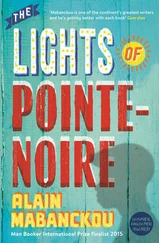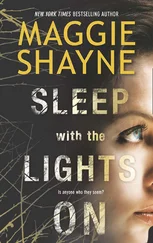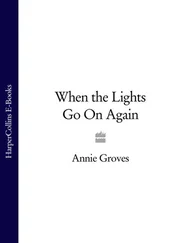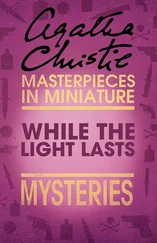‘All right, I might come by then,’ he says. He’s at the door already, wants to turn around to her again, but all he does is knock on the doorframe before he leaves the pub. He used to come here a lot, even as a child, with his father.
The old man walks over to Schultze’s house at the other end of the village, where the woods start. There’s a lake in the woods not far from Schultze’s house, where they used to go swimming sometimes in the hot summers, Schultze and him and their wives. He was there a few weeks ago, stood on the banks for a long time, listening to the quiet hum of the motorway a good way off. He had his swimming trunks and a towel with him but he didn’t go in the water; the lake suddenly seemed dark and eerie, he could make out dead white trees on the opposite side.
The old man walks in through the open gate and around the house. The yard’s empty; Schultze hasn’t had hens for a long time.
They sit in the front room, next to each other on the big leather sofa, drinking brandy. The old man sees the photos of Schultze’s two wives on the sideboard. There’s a plate on the table in front of them, half a dried-out cheese roll. ‘Another good August on its way,’ says Schultze. He talks loudly; his hearing’s bad. ‘Yes, it looks like it.’ They clink glasses and drink. For a few minutes they sit there in silence. ‘You haven’t been over in a long time, Albrecht.’
The old man nods. ‘Had a lot to do. I don’t go out that much any more.’
‘Me neither,’ says Schultze.
When the old man went out to the lake a few weeks ago he saw Schultze from far off, pacing to and fro in his yard, from one fence to the other. When he came back from the lake later on Schultze was still on the move, to and fro, from fence to fence, and he wondered where the man got the strength and the stamina at well over eighty; he’d been so tired even on the way to the lake that he’d have liked to have a lie down under a tree.
‘I need your gun, Schultze.’ The old man’s still looking at the sideboard and the photos, and Schultze lowers his head all the way to his chest, leans forward and fills their glasses again.
‘For my dog. He’s old and sick.’
‘Take him to the vet, he’ll do it quietly.’
‘I want to do it myself, you know?’
‘I know,’ says Schultze. They empty their glasses in silence, then Schultze gets up and leaves the room.
The old man walks slowly through the village, back to his house. The sun’s lower now but the sky’s still pure blue. The old man stops outside a couple of houses, looking in at the empty windows. A cat outside a gate, Müller’s old farmyard; is that still the Müllers’ cat? Cats can cope on their own. Müller’s wife moved to town, sheltered housing; she couldn’t get rid of the farm. He turns back round to the cat, sitting in the sun and moving its tail. The old man walks along the outside of the field so he doesn’t pass the graveyard again. The cloth bag with Schultze’s gun in it bumps against his leg as he walks.
‘Will one bullet do you, Albrecht? I haven’t got many left.’
‘Fill it up, Schultze. I don’t want him to suffer.’
Schultze nods and loads the bullets into the long magazine. ‘I hope it still works. Haven’t used it for ages.’ Schultze sometimes used to tell stories about the war, down at the Farmer’s Inn. The old man can hardly remember the war, but Schultze’s nearly ten years older than him.
He walks around the house. He hears Kurt barking. The gun bumps against his leg and he stops still and holds onto the garden fence for support. He stands like that for a while, waiting for Kurt to stop barking. A bee settles on his shirt, and he brushes it off and goes to the gate.
